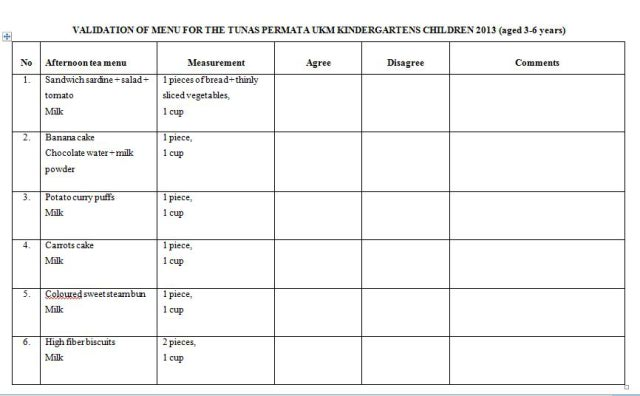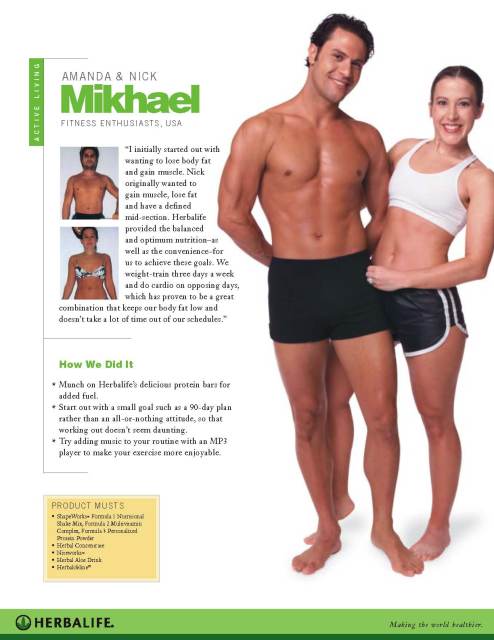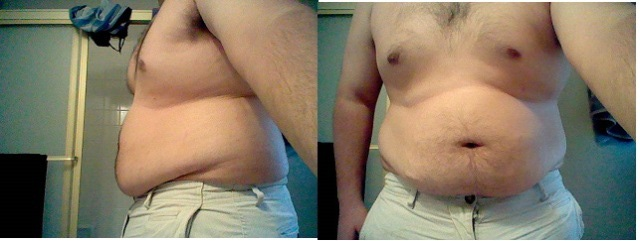Do Coffee and Caffeine Inhibit Iron Absorption?
Coffee and tea contain polyphenols, which are plant compounds that can bind to iron and prevent its absorption. Caffeine also appears to reduce iron absorption by increasing the production of stomach acid.
However, it's important to note that the amount of iron absorbed from a meal will depend on a number of factors, including the amount of iron in the meal, the type of iron (heme vs. non-heme), and the presence of other foods or substances that can affect absorption.
In general, heme iron (found in meat, poultry, and fish) is more easily absorbed than non-heme iron (found in plant foods). Vitamin C can help improve the absorption of non-heme iron, while calcium and caffeine can inhibit it.
If you're concerned about iron deficiency, you should talk to your doctor. They can recommend strategies for increasing your iron intake and absorption, such as taking an iron supplement or making changes to your diet.
Here are some tips for reducing the impact of coffee and caffeine on iron absorption:
- Avoid drinking coffee or tea with meals.
- Space out your coffee or tea consumption by at least 30 minutes before or after meals.
- Drink plenty of water throughout the day.
- Eat a diet rich in iron-rich foods, such as meat, poultry, fish, beans, lentils, spinach, and kale.
- Supplement with vitamin C to improve the absorption of non-heme iron.
-
Post Diet
QuestionHello, I am 18 years old and I have just devised a diet
-
HELP ME!!!!!
QuestionI have tried a great deal of diets and i know for a fact
-
help me eat healther
Questionoh god i hope you can help Im really excited about my lif
-
Increasing testosterone and androgen
QuestionDo there exist foods that will naturally boost ones andro
-
I want to lose about 20 pounds
QuestionI am 27 years old and I use to be in shape (ex-Military).
-
Fibromyalgia/CFS/Depression
QuestionEven though it really doesnt seem to be helping yet, I do



